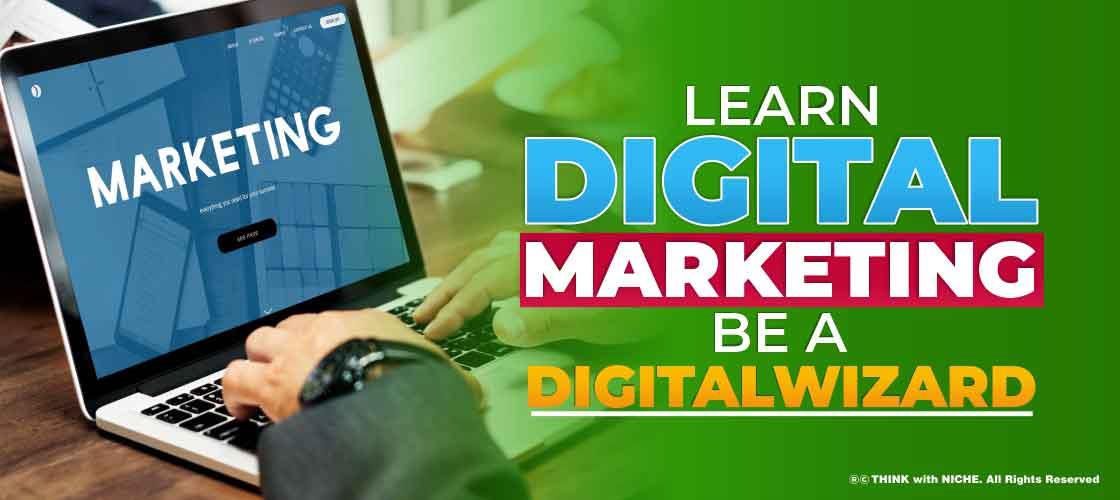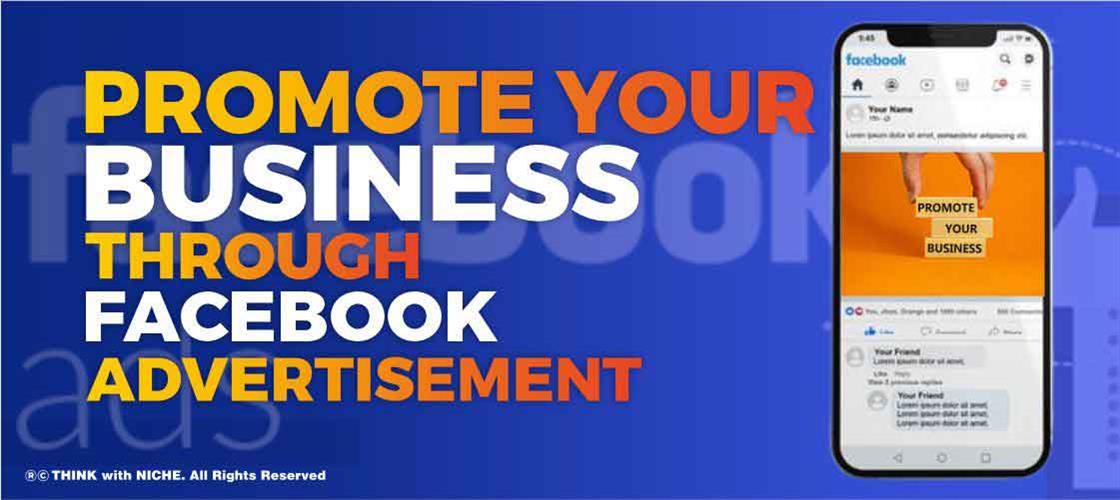Google Ads Or Bing Ads – The Choice Is Yours
Post Highlight
Without a second thought, most businessmen advertise on Google. Other search engines, however, should not be overlooked. By solely advertising on Google, you'll be cutting yourself off from a vast audience. While there is Bing advertising and they may be competitors, we should look at the possibility of combining the two rather than picking one over the other. #TWN
Podcast
Continue Reading..
It is nothing new to compare Bing Ads vs. Google Ads when it comes to online or Pay Per Click advertising. You may be confused as to which of these has the most reach, which is the least expensive and easiest to use, which can capture the largest target audience, and so on. While many advertisers regard the two platforms as rivals, they complement each other. Although Google has a sizable share of the search business, Bing advertising is not to be overlooked. Marketers should consider Google Ads and Bing Ads together rather than Google Ads vs. Bing Ads. Both platforms are based on the same principle. Both are pay-per-click advertising platforms that assist organizations in reaching specialized audiences, driving traffic, and increasing income. At the same time, each platform has its own set of features and perks that distinguish it from the others.
Look at the advantages and disadvantages of the two major advertising platforms, as well as how they should be employed together.
Search Engine Networks
Bing, which is owned by Microsoft, has three search engines: Bing, Yahoo, and AOL, thus your ad will appear on all three platforms if you advertise on one. It allows searchers to see campaigns across all these search engines and controlled sites, as well as partner sites.
You can pick between the Display network and the Search network when advertising on Google. While the former allows advertisers to place advertising on websites, the latter allows advertisers to place ads directly on the search engine.
Display URLs
Underneath the ad headline, both Google and Bing present display URLs. Bing uses bold text to highlight their display URLs, whereas Google uses plain text.
Description
Previously, the two platforms were different in this regard because Bing only had one line of description while Google had two. Google offered a maximum of 71 characters for description lines, but Bing only permitted 35 characters per line. But now, in one extended description section, both Google and Bing accept 80 characters.
Keywords
Keyword research, broad match, and negative keyword targeting are available on Google and Bing. There isn't much of a difference in terms of tools in this area. The biggest difference between the two platforms is that Bing has a substantially smaller keyword traffic volume.
Click-Through Rate
The commerce and financial services search verticals had greater click-through rates on Bing advertising. Because they provide a wealth of shopping and financial information, ads in those search verticals on those platforms reach highly interested prospects, generate more interaction, and have a better click-through rate.
Reach
Google is well-known for leading the search engine business, and as a result, it has a bigger search volume and more reach. They are by no means the only search engine worth considering. When it comes to search engines, Google has roughly 87 percent of the market share in the United States. Yahoo and Bing combined hold roughly 10% of the market.
Even though Google dominates the entire market, Bing controls roughly one-third of the desktop market. Bing Ads reaches 63 million people who would not be reached by Google AdWords. Advertisers can target an older, more experienced audience with Bing. As the pie graphic demonstrates, about 40% of the Bing Network is between the ages of 35 and 54. If you want to target consumers with a greater household income, you should investigate the Bing network in addition to targeting older users.
Cost
Bing may not have as much traffic as Google, but it delivers excellent value for money. The size of your budget will be determined by your industry. Businesses, on average, spend less on Bing than they do on Google. In many circumstances, one-third of your Google spend is all you need to start seeing great results. It's because keyword competition on Bing is significantly lower than on Google. In terms of reach, Google is the clear leader. However, the average cost per click on Google has surpassed $20, whereas it is less than $8 on Bing.
Ad Campaigns
People often avoid Bing because they can't quit thinking about how much work it will take to set up an account and run new ads. Bing, on the other hand, has now cut your workload in half by allowing you to import campaigns directly from Google. Bing will import your AdWords campaign and launch it on their platform, so you won't have to start from zero.
Device Targeting
Google is unable to stay up with Bing's device targeting possibilities. You're probably aware of the limitations of mobile ad targeting if you've used AdWords. Bing Ads, on the other hand, gives you a lot more freedom and flexibility. Choose specific operating systems and devices to focus on when designing or improving a campaign. You can also choose to avoid certain gadgets to focus on others. It is possible to remove desktop users and solely target mobile users.
Granular Control
When it comes to fine-tuning your ads at the ad group level, Bing once again outperforms Google. When using Google, you'll need to adjust ad timing, location, language, and network, among other things. When using Bing, you may make changes at both the campaign and ad group levels. All you must do now is allocate a campaign to a time zone and make sure that the proper message is delivered to the right individuals. It is not an option for Google AdWords.
Engagement
When compared to Google advertising, Bing marketers have a better rate of landing page and website engagement. Bing users convert at a higher percentage than other users, in addition to engaging more. According to one study, conversion rates on Bing were 10% to 55% greater than Google.
Transparency
Bing has a track record of being open and transparent with its search partners. As a result, advertising can always find out where their traffic comes from. Because Google doesn't always have this information.
Conclusion
So, both platforms have advantages and disadvantages, so think about how each would affect your marketing plan. Although Google AdWords is the most well-known digital advertising platform, Bing is ideal for supplementing your pay-per-click plan and filling any holes in your online presence. You may broaden your reach into new and distinct territories by using Bing Ads in conjunction with your AdWords campaigns. Even though Google has a larger search volume, Bing has better positioning, less bidding competition, and a lower cost-per-click in general. If both bring value, consider a strategy that combines the two.
If you enjoyed reading this article, we have two more for you. Click on the link below!

Learn Digital Marketing - Be a Digital Wizard
